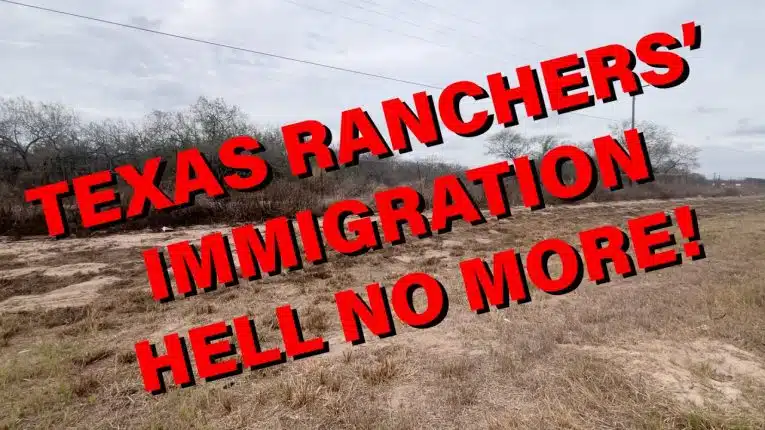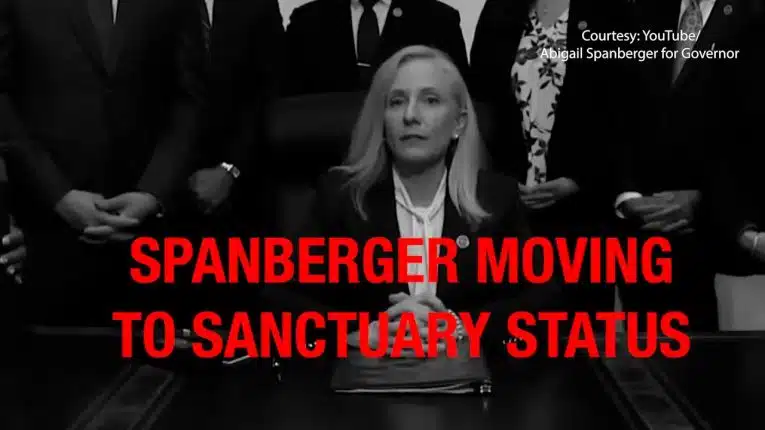 By Robert Romano — How can deposits in Cyprus be unavailable for withdrawal, and yet somehow available for taxation?
By Robert Romano — How can deposits in Cyprus be unavailable for withdrawal, and yet somehow available for taxation?
This has been a burning question for me as I have observed the banking crisis in the Mediterranean island nation — where banks have faced heavy losses on Greek sovereign debt, European officials proposed a levy on Cypriot bank deposits, and all the while banks were shut down to prevent withdrawals.
So I asked an expert, Mike “Mish” Shedlock of Mish’s Global Economic Analysis fame to reconcile the seeming contradiction. If there’s no money in the banks, how can deposits in them be taxed?
Mr. Shedlock even kindly created a blog post to answer the question publicly, wherein he wrote, “I believe that’s a rhetorical question. Robert knows the answer. Even with the EU kicking in 10 billion euros (a loan not a gift), the money is not there. If the banks were sufficiently capitalized, there would not be a need for capital controls.”
To be fair, when I wrote my letter, I was legitimately baffled. But as it turned out I was simply in denial. I had answered my own question.
So, now that Cyprus has agreed to confiscate up to 30 percent of the savings of those with uninsured deposits over €100,000, many from Russia, where did the money go?
Technically, it went nowhere — as it had already been lent out by the Cypriot banks. It was lost the moment they lent the money to Greece by purchasing their bonds. When Greece defaulted, it put the Cypriot banks who lent them the money effectively into default as well.
What is occurring now is that the banks are writing off a liability — some €4.2 billion of uninsured deposits they owe — effectively defaulting on their obligations to those depositors. A move that in reality does not require any funds to be transferred anywhere.
If it makes it simpler to think about, the money is effectively being destroyed. The Cypriot banks will no longer show losses on Greek debt, and the uninsured depositors’ account statements will be now €4.2 billion lighter.
In fact, in this latest deal, there was no deposit tax levied by the Cypriot parliament. There was no vote to do so. The legislation that did ultimately pass Cyprus’ parliament provided for the restructuring of the banks there.
As German finance minister Wolfgang Schauble explained, “The Commission informed us today that the necessary legislation to implement these points has already been passed… Additional legislation would only have been necessary if a levy on uninsured deposits would have been raised but (not) for restructuring of the banks in question.”
Such a move was a necessary precondition for those banks to receive €10.7 billion of recapitalization loans from the so-called Troika: The European Commission, the European Central Bank, and the International Monetary Fund.
In short, to “avert” a bank collapse in Cyprus, the banks there are defaulting on depositors’ savings. Which, basically means they collapsed anyway — and will be reconstituted using new Troika loans.
A similar result occurred in Iceland in 2008 when the Icesave bank collapsed and British and Dutch depositors were not covered under Iceland’s deposit insurance regime. The reason that had to be so was because the banking system — which was up to 10 times larger than Iceland’s economy — was too big to save.
In other words, when financial institutions bet everyone’s savings on the roulette wheel landing on red, and it lands on black, somebody has to end up holding the bag. In that case, Iceland guaranteed domestic depositors, devalued its currency, and utilized some capital controls. And then when the United Kingdom and the Netherlands came looking for their citizens’ money, the Icelanders told them to go pound sand. As well they should have.
What made the original deposit tax in Cyprus so outrageous — and even the latest deposit write-off — is that although it falls on foreign depositors, any Cypriot with more than €100,000 in savings is taking it on the chin, too.
At least Iceland protected its own citizens, who were the government’s primary concern there. It let the banks fail themselves. Whereas in Cyprus, the banks are being saved — and the euro itself — at the expense of the wealthy.
Both cases underscore something that everyone should have already known: Uninsured deposits are, well, uninsured. If the bank that holds them goes kaput, so do the savings.
The key takeaway now is that anyone who keeps uninsured deposits in the Eurozone — or anywhere else for that matter — is doing so at their own risk.
Already, this “one-off” is being discussed as a template to resolving the sovereign debt crisis across Europe. Dutch Finance Minister Jeroen Dijsselbloem said after the Cyprus episode that if a bank cannot meet capital requirements, “then we’ll talk to the shareholders and the bondholders, we’ll ask them to contribute to recapitalizing the bank, and if necessary the uninsured deposit holders.”
Can you say, “bank run”? Why should any depositor keep their funds in Eurozone banks if they are subject to seizure at any moment?
Dijsselbloem’s comments have since been walked back by the Eurogroup which stated “Macro-economic adjustment programmes are tailor-made to the situation of the country concerned and no models or templates are used.”
Nonetheless, even the prospect of deposit seizures raises serious questions about the nature of bank deposits and the relationship between depositors and banks. No longer an asset to be protected, deposits — especially large deposits — can readily be seized and converted into bank capital at will at any time without warning.
That would be bad enough. But this episode also raises troubling questions about property rights. Whether officials care to admit it, the door is now open even for insured deposits to be seized as well.
And since it is practically impossible to live in today’s society without participating in the banking system, this exposes a fundamental shift in the social contract. The fruits of our labor can be taken from us without a moment’s notice at the state’s whim in order to shore up the solvency of a financial institution.
This turns the notion of the government as the protector of property rights on its head. There can be no property rights if the people do not even have a right to keep their own money after taxes.
How can the people trust the government or the banking system to protect their assets when the Cyprus precedent turns the government and the banks into bank robbers with an open vault. Something to think about.
Robert Romano is the Senior Editor of Americans for Limited Government.






